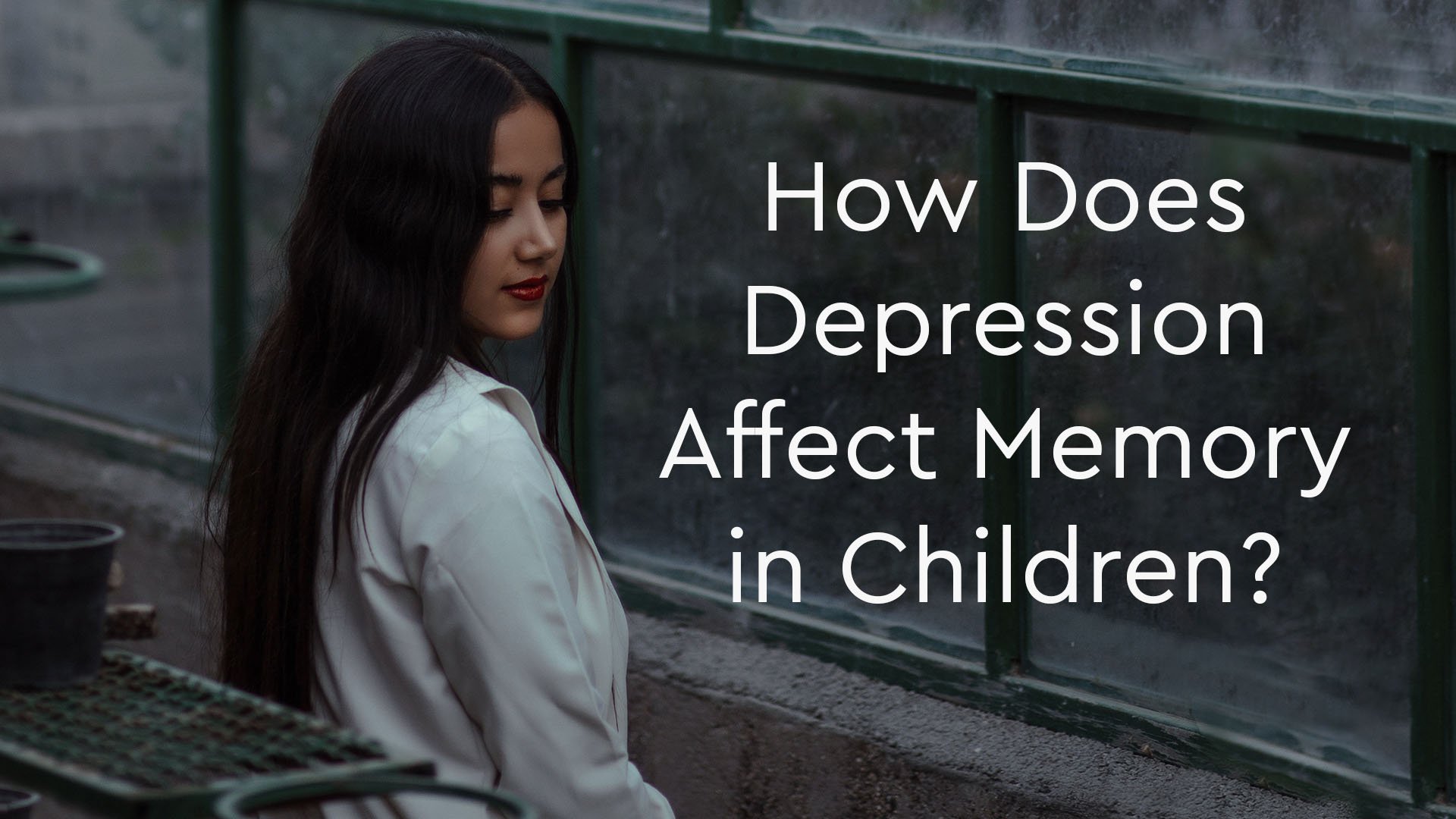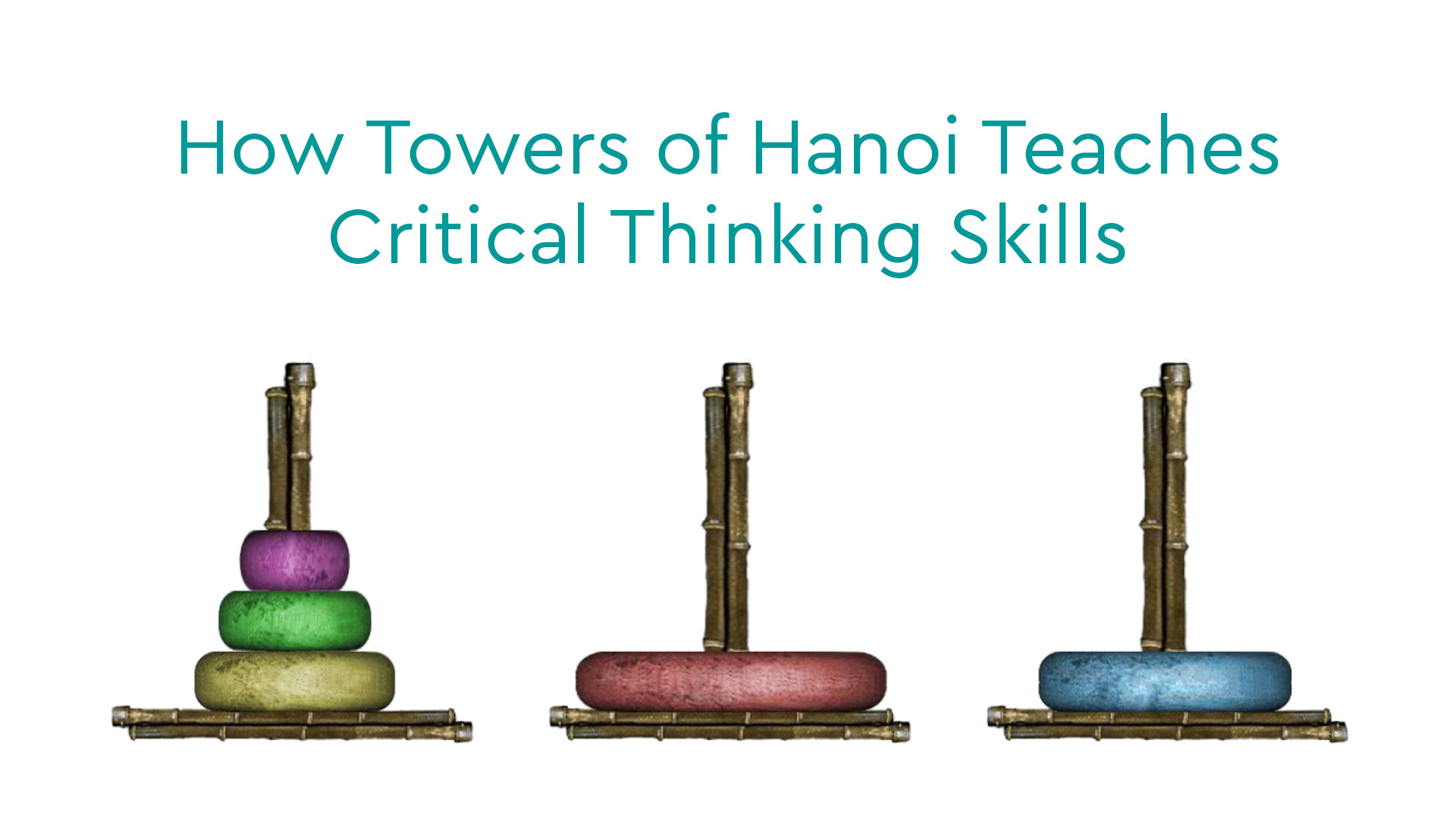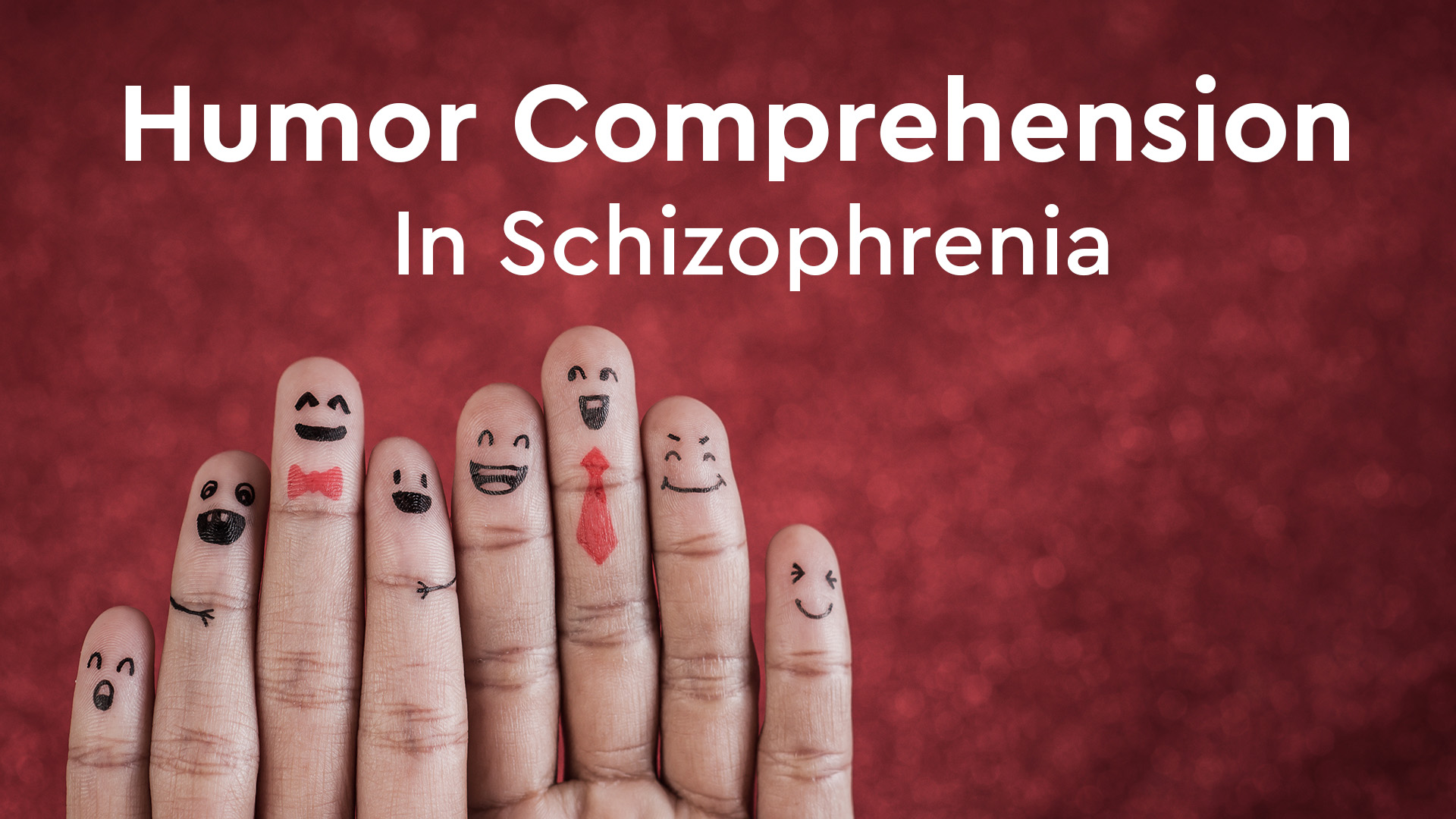09 Apr 5 HappyNeuron Pro Exercises That Work On Memory
Posted at 08:00h
in Article, Digital Tools, HappyNeuron Pro, Product Features, Therapy Tips, Tutorial
HappyNeuron Pro offers many digital cognitive therapy exercises for memory. Here are some of HappyNeuron Pro’s favorites for practicing memory skills.
I Remember You! - Prosopagnosia is the inability to recognize faces. While pure prosopagnosia is rare, people living with Alzheimer’s disease or who have had a stroke may have difficulty remembering the faces and names of loved ones. It is a hard thing to experience and leaves many families broken-hearted. This exercise offers clients an opportunity to practice memorizing the names and faces of various individuals. Therapists can make the faces appear as similar or dissimilar in the exercise as they would like.
29 Mar You Can Improve Verbal and Spatial Memory in Older Adults with Fun. Here’s How.
When we think of improving memory, we think of performing memorization exercises, digital cognitive therapy exercises, and working on memory worksheets for adults. However, there is more than practicing memorization strategies for improving memory, and researchers have found a fun way to improve both verbal and spatial memory in older adults.12 Feb How Does Depression Affect Memory in Children?
Many children and adolescents experience depression. Symptoms of depression in children and adolescents include behavioral problems in school, changes in eating and sleeping habits, irritability, and lacking interest in things that typically bring joy. Cognitively, children battling depression may also have trouble with memory. In this blog post, we discuss how depression affects memory in children and adolescents.05 Feb TEDTalk – The Riddle of Experience vs. Memory
Daniel Kahneman explains how memories influence our future. He explains how our memory can influence how we perceive what is going on in the world around us over time. His examples from vacations to colonoscopies make this Tedtalk an enjoyable time.16 Oct 3 Digital Activities You Can Use to Practice Memory with Your Elderly Clients
Aging is a natural physiological part of life that starts the moment that we are born! As we age, our cognitive functioning naturally declines. However, cognitive decline can occur due to preventable causes.26 Jul Why Cleaning and Organizing Are Good For Brain Health
Cleaning and organizing your home can have positive effects on brain health, such as preventing dementia and improving working memory and executive function skills.17 Oct How Towers of Hanoi Teaches Critical Thinking Skills
Posted at 08:00h
in Article, Cognitive Remediation, Digital Tools, HappyNeuron Pro, Occupational Therapy, Product Features
The Towers of Hanoi is a well known executive function task that targets working memory, inhibition, and decision making. Our digital adaptation is a user favorite while working on critical thinking skills. In this blog post, we share with you how the Towers of Hanoi teaches critical thinking skills to your client.
03 Oct Missing the Punchline? How Schizophrenia Impacts Humor Comprehension
Schizophrenia causes cognitive problems including impaired attention, processing speed, working memory, language, reasoning, and social cognition. Apart from having a difficult time recognizing emotions in other people and responding appropriately, individuals with schizophrenia also have trouble processing humor. Humor is used to facilitate social bonds and increase morale through social cognition. When someone is not able to understand humor, opportunities to forge social bonds with others and experience increased morale are lost.25 Feb How Does Mathematics Anxiety Impair Mathematical Abilities?
Posted at 08:00h
in Adults, Areas of Cognition, Article, Children, Education, Health, Highlight, Learning Disabilities, research
Society requires us to have adequate ability to perform mathematical calculations. Life events, such as buying a home or even comparing prices of items within a store, require working knowledge of mathematics. In childhood, many children have difficulty learning mathematical skills due to learning disabilities, poor instruction, or from having adverse learning experiences. These difficulties performing and utilizing mathematics can carry into adulthood, and may be the cause behind why many adults experience mathematics anxiety. Studies have also shown that mathematics anxiety may also impair attention and working memory, which negatively impacts one’s ability to perform and use mathematics. In this blog post, we discuss how mathematics anxiety impairs mathematical abilities.











